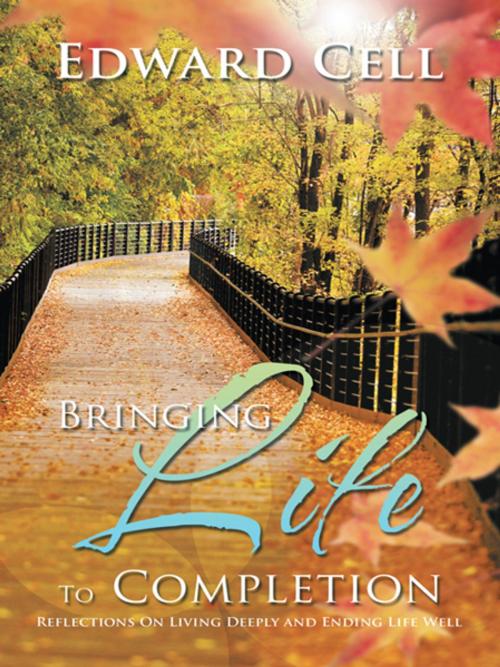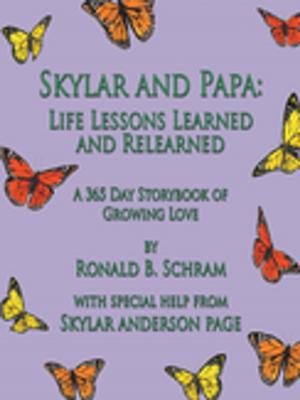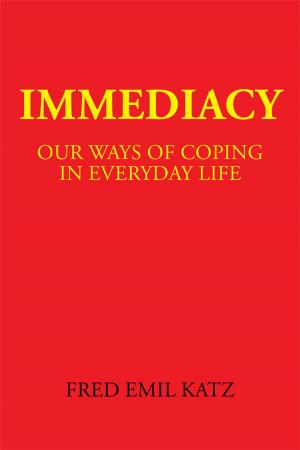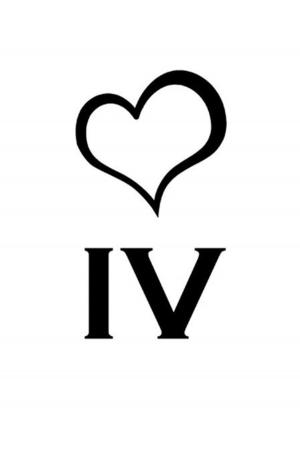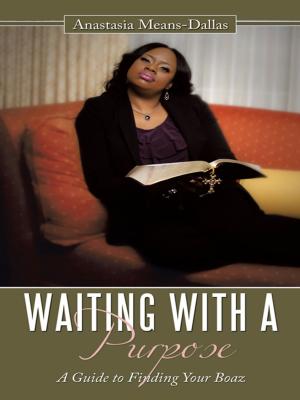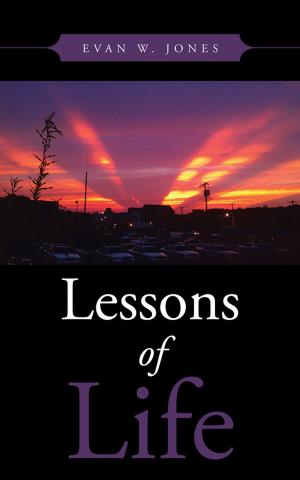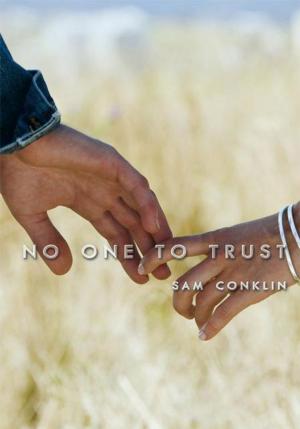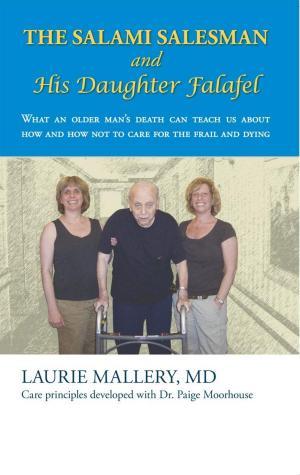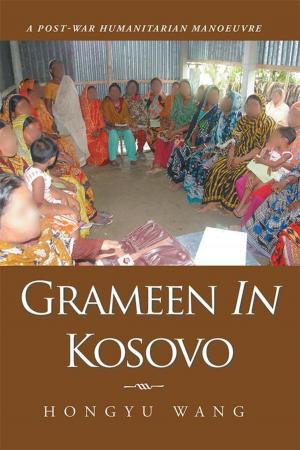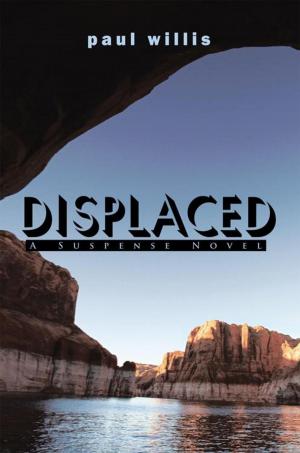Bringing Life to Completion
Reflections on Living Deeply and Ending Life Well
Nonfiction, Religion & Spirituality, Inspiration & Meditation, Spirituality, Philosophy, Health & Well Being, Self Help| Author: | Edward Cell | ISBN: | 9781468538601 |
| Publisher: | AuthorHouse | Publication: | January 13, 2012 |
| Imprint: | AuthorHouse | Language: | English |
| Author: | Edward Cell |
| ISBN: | 9781468538601 |
| Publisher: | AuthorHouse |
| Publication: | January 13, 2012 |
| Imprint: | AuthorHouse |
| Language: | English |
In our quest to live a worthwhile life --one we can affirm with a whole heart --we experience much about life that we cannot affirm. This confronts us with the question of whether there is something about life that can take us beyond its times of loss, heartache, and emptiness, and bring a flourishing that endures. No one can answer this question for another, of course, but we have much in common about the fundamentals of life and whatever answer we achieve will grow out of what we learn from one another. I have written in this spirit, drawing on what I have learned from others, especially in teaching philosophy, religion and psychology, working with those who are dying, bearing the loss of people I have cared deeply for, and centering my life in times with friends and family that have brought deep meaning, courage and delight. Whatever flourishing we achieve will depend, in part, on fate--all the physical, social and psychological things that happen to us and that may work for us or against us. This is especially likely to be an important side of our final stage of life. Our well-being, though, will also be a matter of how we engage life. Some of this will be influenced by how we deal with whatever psychological problems life has brought, but this book focuses, rather, on the creative, life affirming uses to which we can put our basic human powers. There are two fundamental perspectives --those we can think of as secular and transcendental--by which we in the West have been helped to experience this affirmative feeling for life. I explore both perspectives for the insights they have to offer and ask what it is about life, for all of us, that can make possible new meaning, greater intimacy, and deepened belief.
In our quest to live a worthwhile life --one we can affirm with a whole heart --we experience much about life that we cannot affirm. This confronts us with the question of whether there is something about life that can take us beyond its times of loss, heartache, and emptiness, and bring a flourishing that endures. No one can answer this question for another, of course, but we have much in common about the fundamentals of life and whatever answer we achieve will grow out of what we learn from one another. I have written in this spirit, drawing on what I have learned from others, especially in teaching philosophy, religion and psychology, working with those who are dying, bearing the loss of people I have cared deeply for, and centering my life in times with friends and family that have brought deep meaning, courage and delight. Whatever flourishing we achieve will depend, in part, on fate--all the physical, social and psychological things that happen to us and that may work for us or against us. This is especially likely to be an important side of our final stage of life. Our well-being, though, will also be a matter of how we engage life. Some of this will be influenced by how we deal with whatever psychological problems life has brought, but this book focuses, rather, on the creative, life affirming uses to which we can put our basic human powers. There are two fundamental perspectives --those we can think of as secular and transcendental--by which we in the West have been helped to experience this affirmative feeling for life. I explore both perspectives for the insights they have to offer and ask what it is about life, for all of us, that can make possible new meaning, greater intimacy, and deepened belief.
